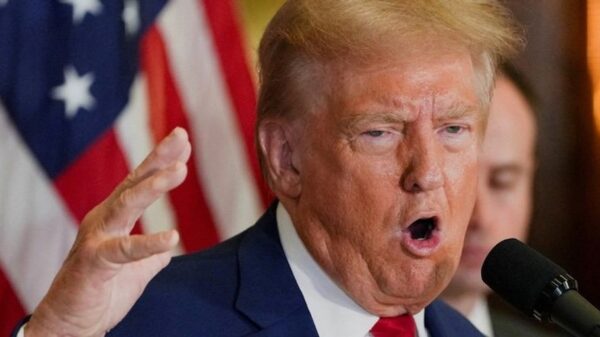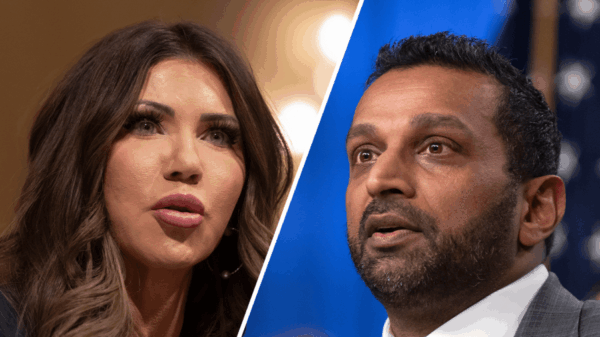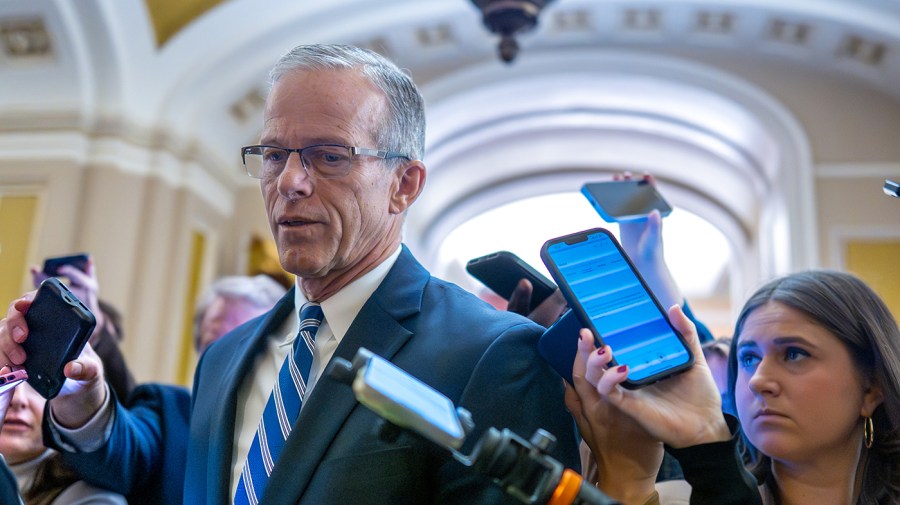The recent off-year elections have exacerbated the ongoing budget impasse in the United States, rather than easing it as many had hoped. Following the elections on November 4, 2023, lawmakers from both parties found themselves at a standstill. Centrist senators had previously engaged in discussions aimed at reaching a spending compromise, but the election results have shifted the dynamics in unexpected ways.
Democrats emerged from the elections with a renewed sense of political strength, prompting them to firmly insist that health care subsidies be included in any agreement to end the government shutdown. On the other hand, Congressional Republicans remain steadfast in their position, refusing to engage in negotiations over health care or any other issues until the government is reopened. President Donald Trump has further complicated matters by dismissing calls for bipartisan talks, instead encouraging Republican senators to pursue the elimination of the Senate filibuster—an approach that is not widely supported even among his party.
These developments have intensified the divide between Republicans and Democrats, who now find themselves further apart than at any point since the shutdown began. The bipartisan discussions that had shown promise earlier in the week have effectively collapsed. This breakdown was underscored during a Senate Democratic lunch on Thursday, where even centrist members indicated that a deal was not forthcoming. Senate Majority Leader John Thune of South Dakota criticized liberal Democrats for using their electoral victories to pressure moderates away from a potential agreement.
The political calculations surrounding the elections suggested that the results could provide leverage for either party to soften their demands and facilitate a resolution. A Democratic strategist had noted prior to the elections that the outcomes would likely influence lawmakers’ willingness to negotiate. Instead, the Democratic victories, particularly in Virginia and New Jersey, have emboldened party leaders to maintain their stance. In Virginia, former Representative Abigail Spanberger won the governor’s race by a significant 15-point margin, while in New Jersey, current Representative Mikie Sherrill secured a 13-point victory.
The Democratic leadership, including House Minority Leader Hakeem Jeffries, interpreted these results as a clear repudiation of Republican policies under Trump. Jeffries emphasized that the Democratic position remains unchanged, calling for discussions to include measures preventing enhanced Affordable Care Act (ACA) subsidies from expiring at the end of the year. On the Senate floor, Minority Leader Chuck Schumer proposed a one-year extension of the ACA subsidies, marking a shift from their earlier demand for a permanent extension.
Despite this concession, Republican leaders quickly dismissed Schumer’s proposal, maintaining that negotiations over health care would only commence once the government reopens. Thune reiterated that the ACA extension is a nonstarter in their negotiations. The stalemate persists, with Democrats asserting that their position remains firm, fueled by pressure from their liberal base to adhere to their demands.
The political landscape following the elections has led to a sense of urgency for both parties, yet the prospects for resolution appear bleak. Despite calls for new talks, including a letter from Schumer and Jeffries to Trump, the president’s lack of engagement has left the situation stagnant. Observers note that Trump’s involvement may be crucial, given his previous role in negotiations during past shutdowns. Jeffries expressed the need for Trump to become actively involved, stating that without his leadership, the government shutdown is likely to continue.
As the stalemate enters its second month, lawmakers and citizens alike are left waiting for signs of progress. The budget impasse underscores the deepening divisions within Congress, reflecting the broader challenges facing American governance.







































































